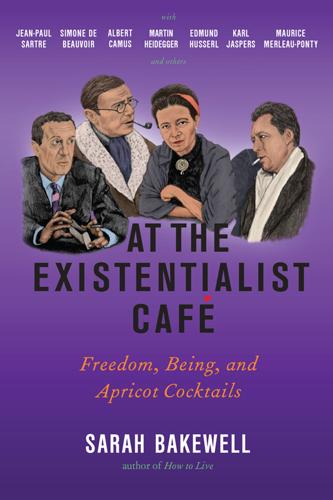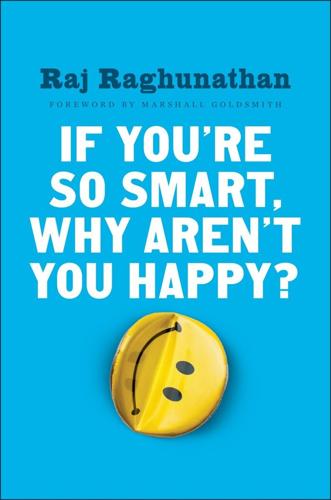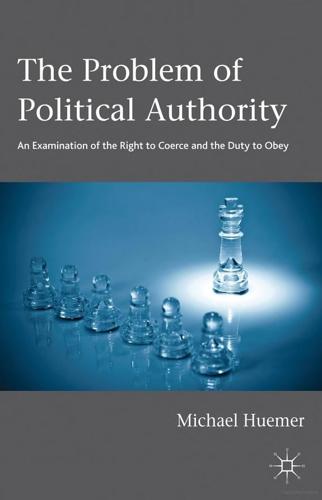Phillip Zimbardo
description: an American psychologist and a professor emeritus at Stanford University, creator of the 1971 Stanford prison experiment
3 results

At the Existentialist Café: Freedom, Being, and Apricot Cocktails With Jean-Paul Sartre, Simone De Beauvoir, Albert Camus, Martin Heidegger, Maurice Merleau-Ponty and Others
by
Sarah Bakewell
Published 1 Mar 2016
Her interpretation was controversial, as were other aspects of the book, but it fascinated an audience that was now in a moral panic, not about extreme beliefs, but about the very opposite: faceless, mindless conformism. Partly in response to Arendt’s work, researchers such as Stanley Milgram and Phillip Zimbardo perfected experiments exploring just how far people would go in obeying orders. The results were alarming: almost everyone, it seemed, was willing to inflict torture if a sufficiently authoritative figure commanded it. Not all polemics against inauthenticity were so carefully thought out. The novelist Norman Mailer — the only major American author to identify explicitly as an existentialist — devoted his 1957 essay ‘The White Negro’ to a figure whom he lauded as: the American existentialist — the hipster, the man who knows that if our collective condition is to live with instant death by atomic war, relatively quick death by the State as l’univers concentrationnaire, or with a slow death by conformity with every creative and rebellious instinct stifled … if the fate of twentieth century man is to live with death from adolescence to premature senescence, why then the only life-giving answer is to accept the terms of death, to live with death as immediate danger, to divorce oneself from society, to exist without roots, to set out on that uncharted journey into the rebellious imperatives of the self.
…
For experiments, see Stanley Milgram, ‘Behavioral Study of Obedience’, Journal of Abnormal and Social Psychology, 67 (4) (Oct. 1963), 371–8, and Obedience to Authority: an experimental view (New York: Harper, 1974); C. Haney, W. C. Banks & P. G. Zimbardo, ‘Study of Prisoners and Guards in a Simulated Prison’, Naval Research Reviews, 9 (1973), 1–17; Phillip Zimbardo, The Lucifer Effect (New York: Random House, 1971). 41 ‘The American existentialist’: Norman Mailer, ‘The White Negro’, in Advertisements for Myself, 337–58. Originally published in Dissent (1957). For more on Mailer and existentialism, see Cotkin, Existential America, 184–209. 42 ‘Oh, kinda playing’: Wilson, Dreaming to Some Purpose, 244. 43 Mailer’s sources: Mary Dearborn, Mailer (Boston: Houghton Mifflin, 1999), 58–9.

If You're So Smart, Why Aren't You Happy?
by
Raj Raghunathan
Published 25 Apr 2016
This belief is rooted in a number of findings, including the famous “obedience” studies conducted by Stanley Milgram in the 1960s, in which he showed that regular people like you and me, under the guise of helping others learn a task (e.g., word associations), could be persuaded to administer severe shocks to them. The so-called broken window theory, which has its basis on a set of studies conducted by Phillip Zimbardo, too, is testament to the idea that people’s propensities are not set in stone. S. Milgram, “Behavioral Study of Obedience,” The Journal of Abnormal and Social Psychology 67(4) (1963): 371–78; for a review of Zimbardo’s famous studies, see P. Zimbardo, The Lucifer Effect: Understanding How Good People Turn Evil (New York: Random House, 2007).

The Problem of Political Authority: An Examination of the Right to Coerce and the Duty to Obey
by
Michael Huemer
Published 29 Oct 2012
How often, we do not know. Thompson reports that, after his experience at My Lai, other soldiers told him, ‘Oh, that stuff happened all the time.’51 There is thus reason to suspect that many more massacres occurred that did not make the news. 6.7.2 The Stanford Prison Experiment In 1971, social psychologist Phillip Zimbardo conducted an illuminating study of the effects of imprisonment on both guards and prisoners.52 Zimbardo collected 21 volunteers, all male college students, to play the role of either prisoners or guards in a simulated prison. At the start, all the volunteers wanted to play the prisoner role; none wanted to be guards.